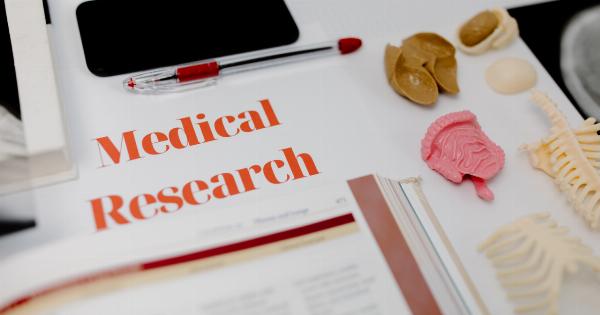Cardiovascular diseases (CVDs) are the number one cause of death worldwide, with an estimated 17.9 million deaths annually. These conditions affect the heart and blood vessels, and can lead to serious complications such as heart attacks and stroke.
While some risk factors for CVDs, such as family history or age, cannot be controlled, there are ways to reduce the risk of developing these conditions. One important way is to pay attention to warning signs that may indicate a problem with the heart or circulation. Here are some of the most common cardiac warning signs that you shouldn’t ignore:.
Chest Pain or Discomfort
Chest pain or discomfort is the most common cardiac symptom, and it’s also one that people tend to take seriously. This feeling can be described as a tightness, pressure, or squeezing sensation in the chest.
It can also be felt in the neck, jaw, back, or arms. Chest pain can be a sign of a heart attack, so it’s important to seek medical attention immediately if you experience this symptom.
Shortness of Breath
Shortness of breath can occur as a result of many different conditions, including anxiety or panic attacks. However, it can also be a sign of a cardiac problem.
If you experience difficulty breathing or feel like you can’t catch your breath, especially during activity or lying flat, you should consult a doctor. This symptom can indicate heart failure or other heart-related issues.
Sweating
Sweating is a common symptom of heart attack, especially in men. It can also occur during angina, which is chest pain caused by reduced blood flow to the heart.
Sweating may be accompanied by other symptoms such as chest pain, shortness of breath, or nausea. If you experience sudden sweating and think it may be related to your heart, seek medical attention immediately.
Dizziness or Lightheadedness
Dizziness or lightheadedness can be caused by many different factors, including dehydration, low blood sugar, or medication side effects. However, it can also be a sign of a serious heart condition.
If you experience dizziness or lightheadedness along with chest pain or shortness of breath, you should seek medical attention right away.
Swelling
Swelling, especially in the legs, ankles, or feet, can be a sign of heart failure. This condition occurs when the heart can’t pump blood effectively, leading to fluid buildup in the body.
Other symptoms of heart failure may include coughing, fatigue, and rapid heartbeat. If you experience swelling along with these symptoms, see a doctor as soon as possible.
Rapid or Irregular Heartbeat
A rapid or irregular heartbeat can indicate a variety of conditions, including arrhythmia, atrial fibrillation, or heart failure. You may feel like your heart is pounding, fluttering, or skipping beats.
If you notice any changes in your heart rate or rhythm, consult a doctor to rule out any serious heart problems.
Fatigue
Fatigue is a common symptom of many different conditions, including CVDs. If you experience tiredness or weakness that persists even after rest, it may be a sign of heart disease. Other symptoms may include shortness of breath, chest pain, or sweating.
If you have any concerns about your energy levels, talk to a doctor.
Nausea or Vomiting
Nausea or vomiting can be a symptom of a heart attack, especially in women. It can also be a side effect of certain heart medications. Nausea may be accompanied by other symptoms such as chest pain, shortness of breath, or sweating.
If you experience sudden nausea and think it may be related to your heart, seek medical attention immediately.
Cold Sweats
Cold sweats, or sudden sweating without exertion, can be a sign of heart disease. This symptom may be accompanied by other warning signs such as chest pain, shortness of breath, or lightheadedness.
If you have cold sweats that are not associated with anxiety or menopause, consult a doctor.
Jaw or Arm Pain
Jaw or arm pain can be a symptom of a heart attack, especially if it occurs on the left side of the body. This pain may be accompanied by chest pain, sweating, or shortness of breath. If you experience any of these symptoms, call 911 immediately.
If you experience any of these cardiac warning signs, don’t ignore them. Seek medical attention right away to rule out any serious heart conditions.
By paying attention to these warning signs and taking steps to reduce your risk of CVDs, you can protect your heart health and live a longer, healthier life.

























